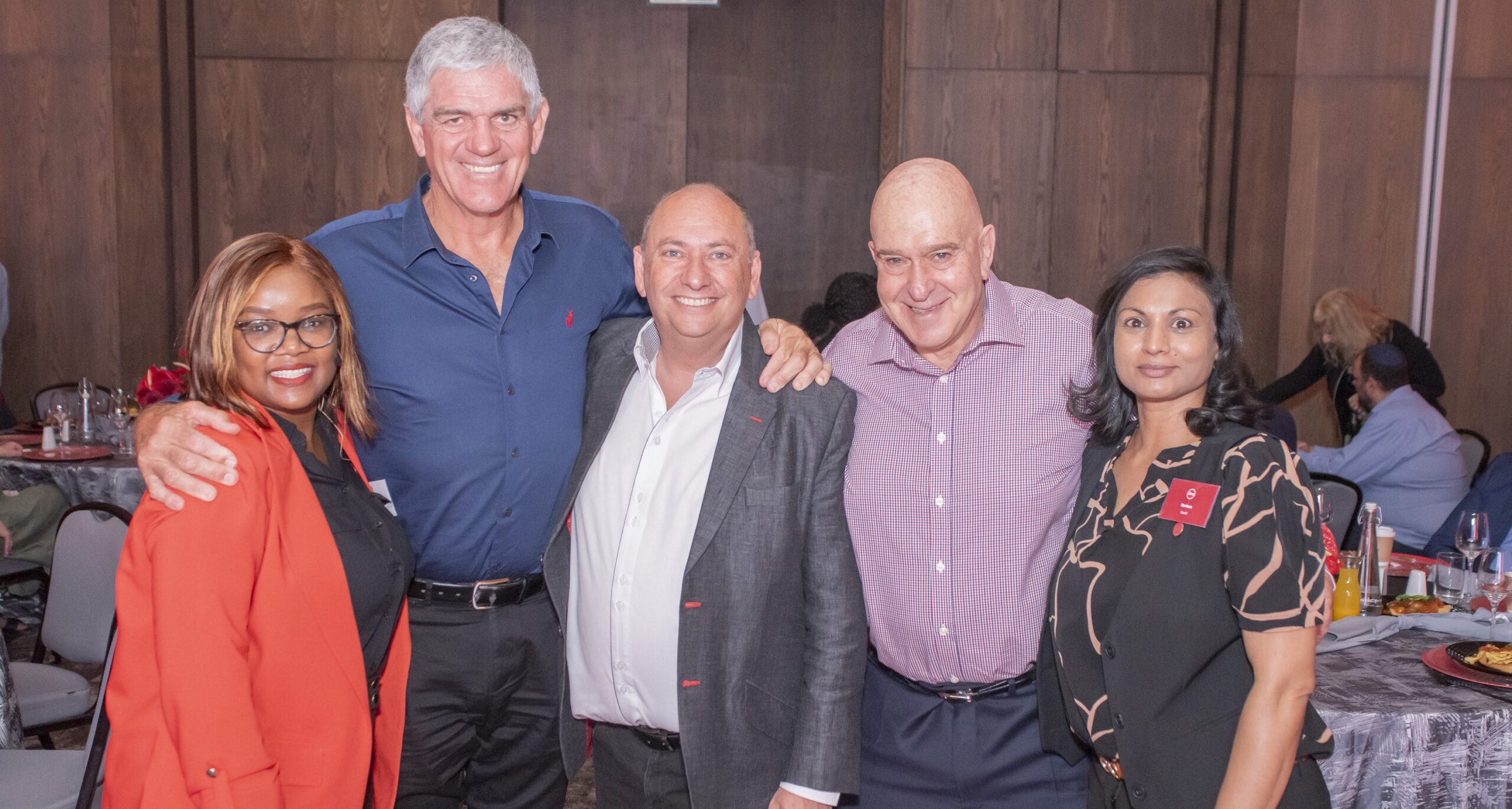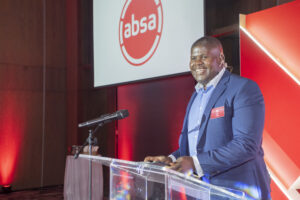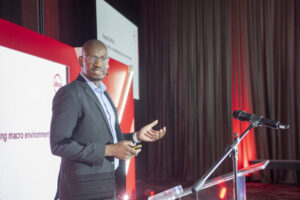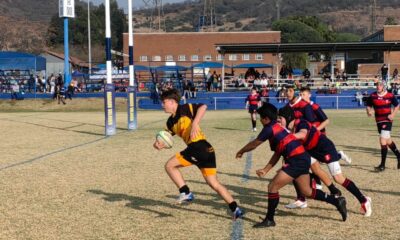
Achievers

‘Our blood is green and gold’
“I’ve made so many mistakes,” former Springbok coach and SuperSport analyst Nick Mallett told the Absa Jewish Achiever Awards Breakfast on 20 October, chief among which was to exclude Gary Teichmann from the 1999 Rugby World Cup squad.
Mallett used the story to illustrate how important it is to earn the trust of your team when making difficult decisions. His no-holds-barred account of the corridors of power of professional rugby shed light on a subject critical to all South Africans: what makes a good leader.
After the South African team was defeated by England at Twickenham in 1998, Mallett was forced to make a quick decision by the South African Rugby Union and decided to drop the captain, Teichmann, from the squad. He turned to none other than current Springbok Director Rassie Erasmus to captain the team. Erasmus wouldn’t accept the position as he said the team didn’t agree with Mallett’s decision.
Late rugby titan Joost van der Westhuizen captained the team, and there was distrust between him and Mallett, according to the latter. South Africa was knocked out by a drop goal by Stephen Larkham, but Mallett said it was dropping Teichmann from the team and not having the trust of 14 players that actually cost South Africa the cup.
In South Africa’s recent performance in the World Cup 2023 quarter final against France – the home team – 70 000 people were screaming in the stadium for the other side, but the Springboks fought “like nothing else” to win, Mallett said, and didn’t give away a penalty. “That’s what you get when your team trusts you,” he said.
“The team is selected on merit, irrespective of colour,” Mallett said, “and Rassie has found players he believes will fit in. Why can’t we do the same in all sport, and every other facet of South Africa?”
Absa economist Miyelani Maluleke said South Africa was negatively affected by weak growth, “sticky” inflation, and geopolitical instability, but praised the contribution of the private sector.


The intensity of loadshedding this year was greater than the crisis years of 2007 and 2022, he said, posing sustained risk, and the rising cost of electricity was a challenge to households. The greatest impact was in mining and manufacturing.
However, the private sector had contributed to South Africa’s economic resilience, in particular through its investment in solar power, increasing its contribution from 1GW last year to 4.8GW – 10% of Eskom’s nominal capacity generation. Maluleke is confident the finance minister will announce greater private-sector participation in his Medium Term Budget this November.
“Everyone in this room, every business has to find their voice. It’s time to speak up to power; time to tell everyone we’re more than this, and we deserve so much more,” said SA Jewish Report and Absa Jewish Achiever Awards Chairperson Howard Sackstein.
“It’s complicated to put on an award ceremony in the middle of a war,” he said. “We proceeded because we need to highlight the remarkable contribution of our community to South Africa.”
The awards highlight the hundreds and hundreds of South Africans making a disproportionate difference in South Africa, he said, everything from employers to professionals, those feeding people, to educators, and business owners. “Our blood is green and gold. Our roots are deep in the red, dusty soil of South Africa. We’re not here as guests,” Sackstein said.
“Others want to emulate what we do in South Africa,” he said, “but they don’t understand that we have a secret source – our community, which helps each other to succeed and recognises that we need to uplift those around us. South Africa needs heroes.”










